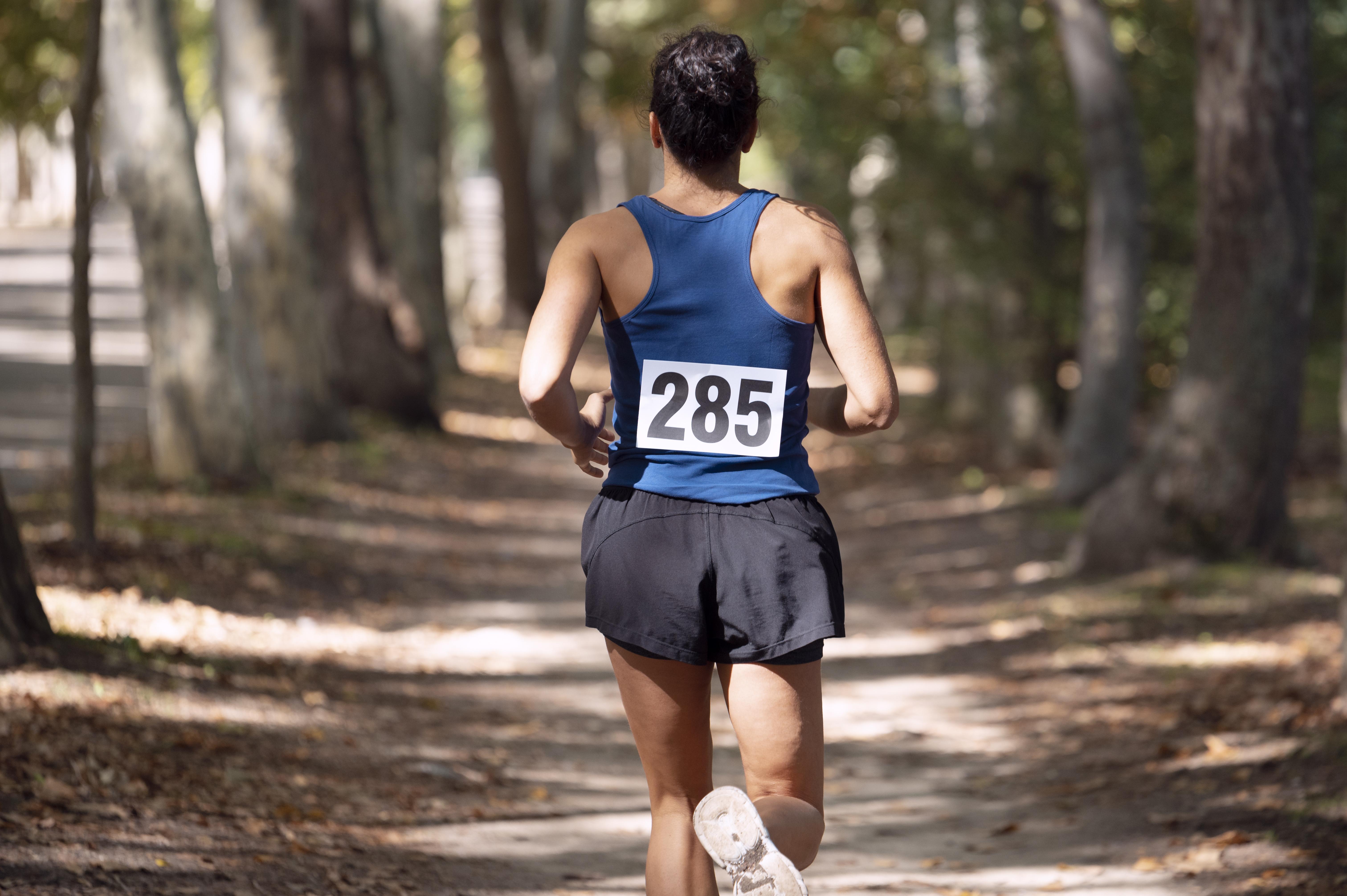Sports and Motivation: The Secret

News Release, International Society of Microbiota, France – December 20, 2022
Exercise is essential for healthy physiology, but the mechanisms regulating an individual’s motivation to engage in physical activity remain incompletely understood.
An important factor stimulating the engagement in both competitive and recreational exercise is the motivating pleasure derived from prolonged physical activity, which is triggered by exercise-induced neurochemical changes in the brain. Dohnalová et al. reported on the discovery of a gut–brain connection in mice that enhances exercise performance by augmenting dopamine signalling during physical activity.
It turns out that microbiome-dependent production of endocannabinoid metabolites in the gut stimulates the activity of TRPV1-expressing sensory neurons and thereby elevates dopamine levels in the ventral striatum during exercise. Stimulation of this pathway improves running performance, whereas microbiome depletion, peripheral endocannabinoid receptor inhibition, ablation of spinal afferent neurons or dopamine blockade abrogate exercise capacity.
According to these findings, the rewarding properties of exercise are influenced by gut-derived interoceptive circuits and provide a microbiome-dependent explanation for interindividual variability in exercise performance.
The authors suggest that interoceptomimetic molecules that stimulate the transmission of gut-derived signals to the brain may enhance the motivation for exercise.
Image Freepik
Targeting Microbiota 2023 Conference will introduce the latest advances on the relationship between the gut microbiome and exercise drive. The scientific committee of the International Society of Microbiota will soon welcome your abstracts on research related to the gut-brain axis.
Media contact:
International Society of Microbiota
[email protected]
Targeting Microbiota 2023 Congress
October 18-19, 2023
Website | Linked In | Facebook
























































